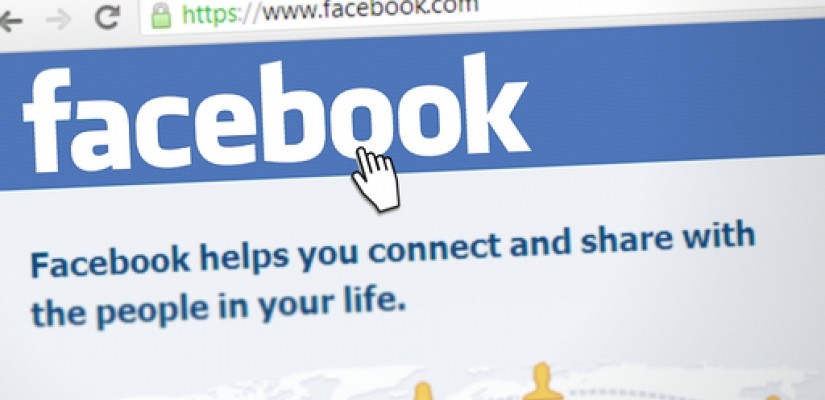
On January 6, 2020, Facebook stated in a blog post that it would ban deep fakes - heavily manipulated videos, often of politicians or celebrities, utilizing Artificial Intelligence (AI) to create content. The social media platform said that it would remove content, especially videos, that (1) are manipulated in ways that “aren’t apparent to the average person” and (2) that would likely mislead someone into thinking that a subject of the video said words they did not actually say.
While all videos still remain subject to Facebook’s system of fact-checking potentially deceptive content and labelling it as false, the new policy is a step towards addressing some of the more sophisticated methods that leverage AI to mislead users. The policy, however, does not extend to parody or satire, nor does it apply to videos edited to omit or change the order of the words, even after Facebook was heavily criticized for its refusal to take down an altered video of Speaker Nancy Pelosi that had been edited to make it appear as if she was slurring her words. Facebook continues to face pressure from lawmakers, journalists, and activists as it remains the number one platform sharing disinformation. The pressure on organizations like Facebook, Google, and Twitter is increasing, especially as false political information is likely to spread more quickly ahead of the 2020 US presidential elections.
